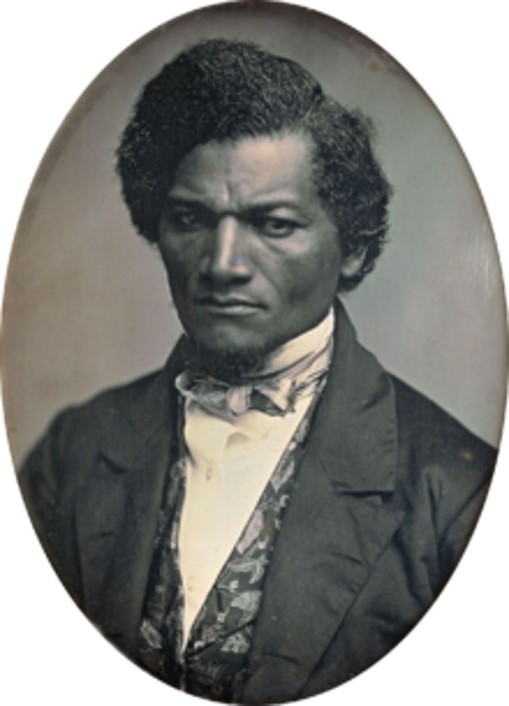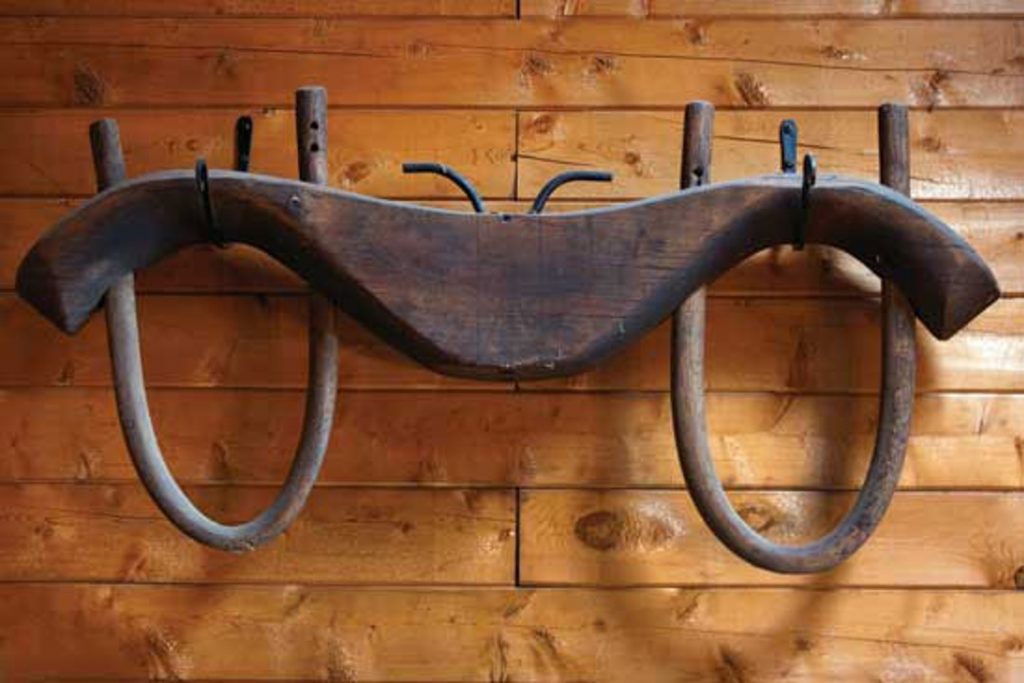Romans 7:15, 20-25a; Matthew 11:25-30

Growing up, the 4th of July was my favorite holiday. I can’t claim that it had much to do with enthusiasm about our country. I liked dressing up, riding in a bike parade, and eating bratwurst. Plus, because my birthday is on the 3rd, the 4th seemed like an extended celebration of ME, complete with fireworks.
But this holiday is not about my birthday, or bratwurst, or bikes. It commemorates the signing of the Declaration of Independence in 1776, the Continental Congress’s announcement that it would no longer be subject to British Rule. Independence Day has become a day to celebrate our nation more generally, whether that means remembering our highest ideals and most dedicated servants — or eating red, white, and blue cakes at family barbecues — or both.
Perhaps I am not alone in coming to this year’s celebration with more trepidation than usual. While there is a great deal about our country to celebrate, there is also much to repent of. This has always been true, and it is a mark of both my privilege and my ignorance that it has rarely weighed on me as much as it does this weekend.

One of the most famous Independence Day speeches was given by Fredrick Douglass, who spoke in 1852 by the invitation of the Rochester NY Ladies’ Anti-Slavery Society. If you’ve never heard or read this speech, I commend it to you. If you know it already, I think it bears another hearing. I’ll quote just a tiny portion of it here.
Douglass praises the founders of our nation for their bravery. Then he reminds his audience:
“I am not included within the pale of this glorious anniversary! Your high independence only reveals the immeasurable distance between us. The blessings in which you, this day, rejoice, are not enjoyed in common. — The rich inheritance of justice, liberty, prosperity and independence, bequeathed by your [ancestors], is shared by you, not by me. The sunlight that brought life and healing to you, has brought stripes and death to me. This Fourth [of] July is yours, not mine. You may rejoice, I must mourn. To drag a man in fetters into the grand illuminated temple of liberty, and call upon him to join you in joyous anthems, were inhuman mockery and sacrilegious irony. Do you mean, citizens, to mock me, by asking me to speak to-day? …Fellow-citizens; above your national, tumultuous joy, I hear the mournful wail of millions! whose chains, heavy and grievous yesterday, are, to-day, rendered more intolerable by the jubilee shouts that reach them…
“What, to the American slave, is your 4th of July? I answer: a day that reveals … more than all other days in the year, the gross injustice and cruelty to which [they are] the constant victim. To [them], your celebration is a sham; your boasted liberty, an unholy license; your national greatness, swelling vanity; your sounds of rejoicing are empty and heartless; your denunciations of tyrants, brass fronted impudence; your shouts of liberty and equality, hollow mockery; your prayers and hymns, your sermons and thanksgivings, with all your religious parade, and solemnity, are, to [them], mere bombast, fraud, deception, impiety, and hypocrisy — a thin veil to cover up crimes … There is not a nation on the earth guilty of practices, more shocking and bloody, than are the people of these United States, at this very hour…”
Let’s not miss, either, what Douglass has to say about the church on that day:
“The American church is guilty, when viewed in connection with what it is doing to uphold slavery; but it is superlatively guilty when viewed in connection with its ability to abolish slavery. The sin of which it is guilty is one of omission as well as of commission…Let the religious press, the pulpit, the Sunday school, the conference meeting, the great ecclesiastical, missionary, Bible and tract associations of the land array their immense powers against slavery and slave-holding; and the whole system of crime and blood would be scattered to the winds; and that they do not do this involves them in the most awful responsibility of which the mind can conceive…”
The United States does not now have the kind of enslavement that was carried out in 1852, when this speech was given. But Douglass’ words ring true today nevertheless. Whose freedom do we celebrate on our Independence Day? What stories do we tell about who we are as a nation? If we fail to tell stories of stealing land from native peoples, of stealing lives from enslaved Africans, how can we claim any honesty in our accounts? And if we have not yet fully acknowledged these, our original sins — and all of our crimes against human freedom in more recent years– how can we build a future in which every person within our national boundaries may truly enjoy life, liberty, and the pursuit of happiness?
As Christians, the weight of our moral failure to use our power to abolish slavery and other forms of oppression is heavy. If churches had together upheld the preciousness of all human life at any point in our national history, how might that history have been different?
At the same time, I feel the great gifts that our faith has to offer, in confronting the past and present of our country.
In our scriptures today, Jesus describes God’s wisdom as best understood by those who are like children. The apostle Paul confesses the power of evil that threatens to overcome him from within, even when he desires to do good. Both speak to the importance of immense humility in our ability to grow: humility, and a reliance on a power greater than ourselves.
Jesus says, “Come to me, all you that are weary and are carrying heavy burdens, and I will give you rest. Take my yoke upon you, and learn from me; for I am gentle and humble in heart, and you will find rest for your souls. For my yoke is easy, and my burden is light.”

We, the people of this country, have a choice. We could continue to carry the weight of our ignorance and sin around, refusing to admit it even exists, while it continues to cause destruction. Or, we could acknowledge it, and seek the help of a power greater than ourselves, in getting ourselves free. We could accept the shared work of discovering how to escape the roles of oppressor and oppressed, for the common cause of mutual liberation.
Please pray with me.Holy God, with great aspirations, willful ignorance, stunning greed, and terrible suffering, we have strayed so far from your dream for us. Thank you for meeting our guilt and our grief with compassion. Help us to bring humility, curiosity, and determination to the work of freedom in this land: a freedom we must achieve together. Amen.